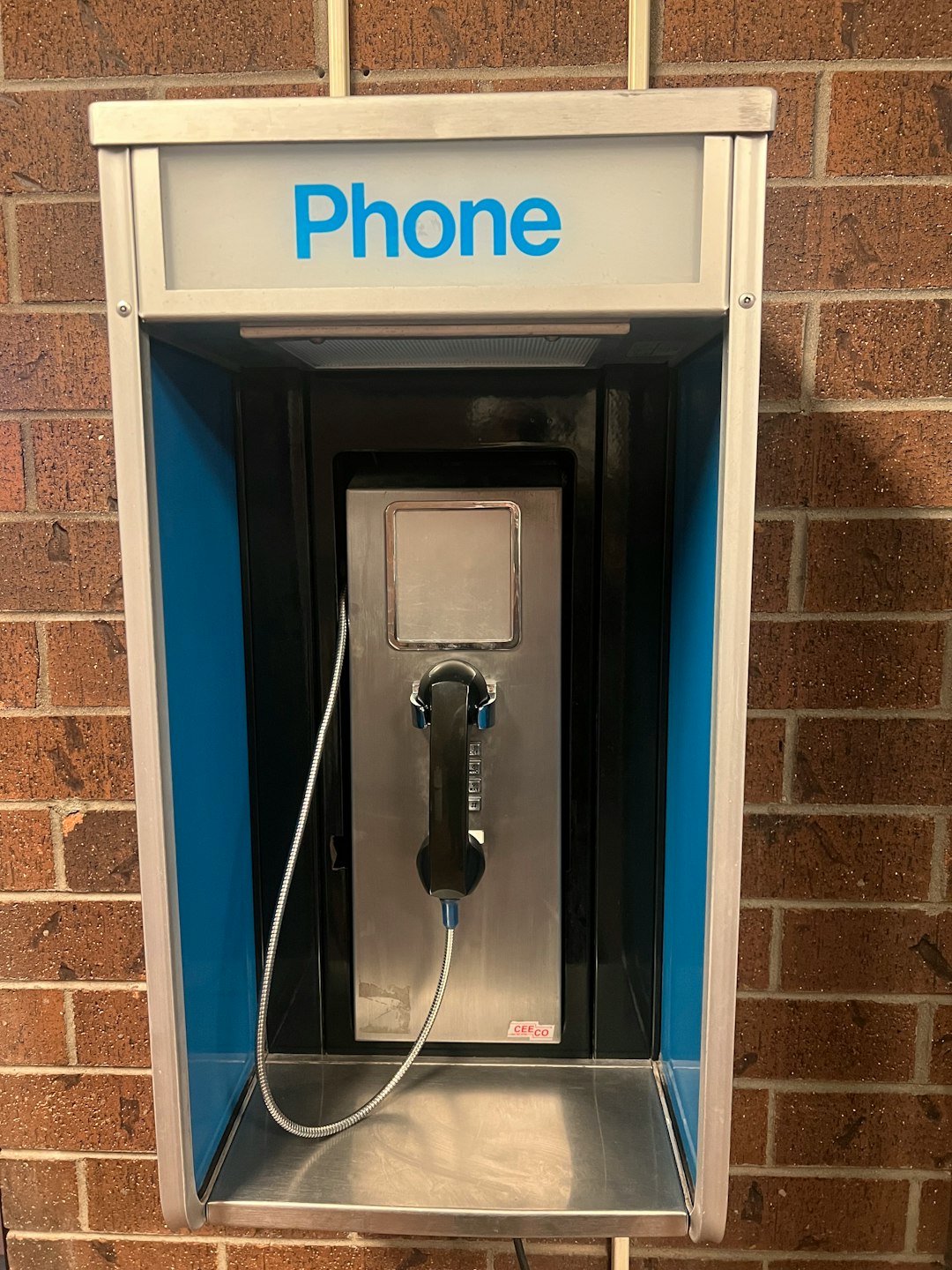The Federal Communications Commission (FCC) regulates autodialers in the US to protect consumers from unwanted telemarketing calls and preserve privacy. An autodialer lawyer Connecticut firms assist clients in navigating FCC regulations, ensuring compliance with do-not-call lists, consent requirements, and abusive calling behaviors. These experts help maintain customer trust, avoid penalties, and preserve businesses' reputations by implementing robust privacy policies, obtaining explicit caller consent, offering clear opt-out options, and conducting regular system audits.
“Unraveling the intricate web of autodialer regulation, this article delves into the pivotal role played by the Federal Communications Commission (FCC) in ensuring consumer privacy. With a focus on Connecticut’s legal landscape, we explore the FCC’s mandate in telecommunications and its specific regulations targeting autodialers. Furthermore, we analyze the impact on businesses, offering insights into compliance strategies for navigating this dynamic field. For those seeking guidance, an autodialer lawyer in Connecticut can provide tailored assistance.”
The FCC's Mandate in Telecommunications

The Federal Communications Commission (FCC) serves as the primary regulator of telecommunications in the United States, with a mandate to ensure fair and efficient communication services for all Americans. In the context of modern technology, the FCC’s role has evolved to keep pace with innovations such as autodialers. As an autodialer lawyer Connecticut residents may turn to for guidance, it’s crucial to understand how this regulatory body oversees and enforces rules surrounding automated calling systems.
The FCC’s authority extends to preserving a competitive marketplace by preventing unfair or deceptive practices in telecommunications. This includes regulations on telemarketing and auto-dialing technologies, ensuring that businesses adhere to consumer protection laws. An autodialer lawyer Connecticut firms often assist clients in navigating these complex regulations, helping them comply with the FCC’s requirements while effectively utilizing automated dialing systems for marketing purposes.
Regulating Autodialers: Legal Framework

The Federal Communications Commission (FCC) plays a pivotal role in regulating autodialers, ensuring compliance with legal frameworks designed to protect consumers from unwanted telemarketing calls. In the United States, this regulatory authority is established by the Telecommunications Act of 1996 and subsequent amendments. An autodialer lawyer Connecticut residents turn to for guidance must be well-versed in these laws, which prohibit automated dialing systems from making calls without a human agent’s involvement.
Compliance involves adhering to do-not-call lists, obtaining proper consent, and implementing practices that minimize the risk of abusive calling behaviors. The FCC enforces these regulations through monitoring, investigations, and enforcement actions against non-compliant autodialers. Legal experts specializing in this area help businesses navigate the complexities of autodialer regulation, ensuring they remain compliant to avoid penalties and maintain consumer trust.
Impact on Businesses: Compliance and Strategies

The Federal Communications Commission (FCC) plays a pivotal role in regulating autodialers, ensuring consumer privacy and protecting businesses from unlawful practices. For companies utilizing automated dialing systems, compliance with FCC guidelines is essential to avoid legal repercussions. Non-compliance can lead to significant fines and damage to a business’s reputation, especially when dealing with sensitive customer data.
An autodialer lawyer in Connecticut can guide businesses through this complex landscape. Strategies for navigating FCC regulations include implementing robust privacy policies, obtaining explicit consent from callers, and providing clear opt-out mechanisms. Businesses should also conduct regular audits to ensure their autodialer systems adhere to the latest FCC standards, thereby fostering trust with customers and avoiding potential legal challenges.






